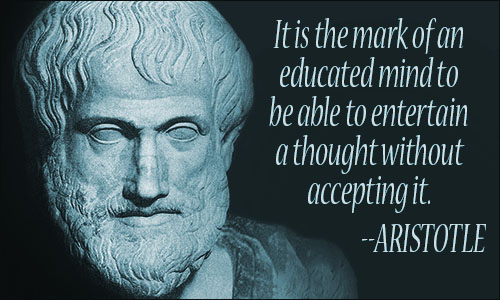
The competency that we will explore now is “emotional independence”. Emotional independence is our ability to think and act without emotionally “clinging” to other people. Emotionally independent people are able to make their decisions independent of how other people might feel about their decision. The most important thing that they have in focus while deciding is the need of the situation. They have the ability to make a decision without worrying about personal gains and losses, for themselves or for others. What would people say? Who will get angry and who will be happy? Who will get benefit? Will I achieve personal benefit or loss? All these questions are secondary when we choose to act in an emotionally independent way!
It should not be assumed that emotionally independent people do not care about others or their opinions. In a situation, where they have to make crucial decisions, they do consult all the important stakeholders involved in the situation. They seek advice to make informed decisions but do not get affected by the information that they receive, rather have the ability to relate to the information objectively. The final decision is according to their understanding of the situation and vision of the future not subjective preferences.
Emotional independence is closely related to assertiveness. If we define assertiveness as our backbone, emotional independence is our ability to stand on our two feet. We all have seen people who have trouble in their backbone, are often sitting in a wheel chair as they cannot stand without support, on their own feet. Exactly in the same way, if you have not developed assertiveness, it will be difficult to understand, adapt and practice emotional independence. I experienced that when I introduced emotional independence to people, a lot of them understood it as being rebellious. I could not really understand in the beginning why it was so but after reflecting upon this feedback, I found out that it is quite natural if we take our Asian culture into consideration. In any collectivist culture, taking independent decisions is not appreciated much. As soon as someone takes an independent decision, the person is labelled as rebellious. Even though, the decision is within the cultural and normative boundaries but may be slightly innovative, it is often not appreciated initially. This is the aspect that makes it difficult to practice emotional independence in collectivist cultures.
Lack of emotional independence lies at the bottom of a myriad of issues that we battle with in our daily lives. Just to mention one example, the ability to say “no” when its necessary is closely related to lack of emotional independence. Just like other emotional intelligence competencies that we have explored so far, emotional independence is a balanced state between group think and rebellion. The questions to ponder for you can be; How often do you say NO, when it is necessary? Do you feel that while making an important decision, you often end up in “analysis paralysis”? Think; what can be reasons behind this? Do you, consciously or unconsciously, try to please everyone? Is it important to you to gain acceptance from everyone? You are most welcome to write to me if you have any questions or you are curious about knowing more!
